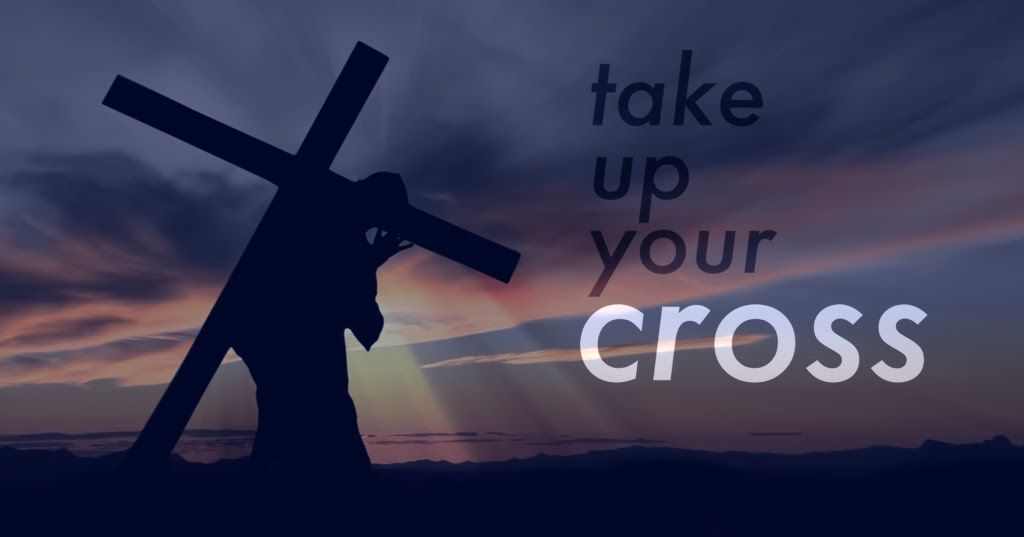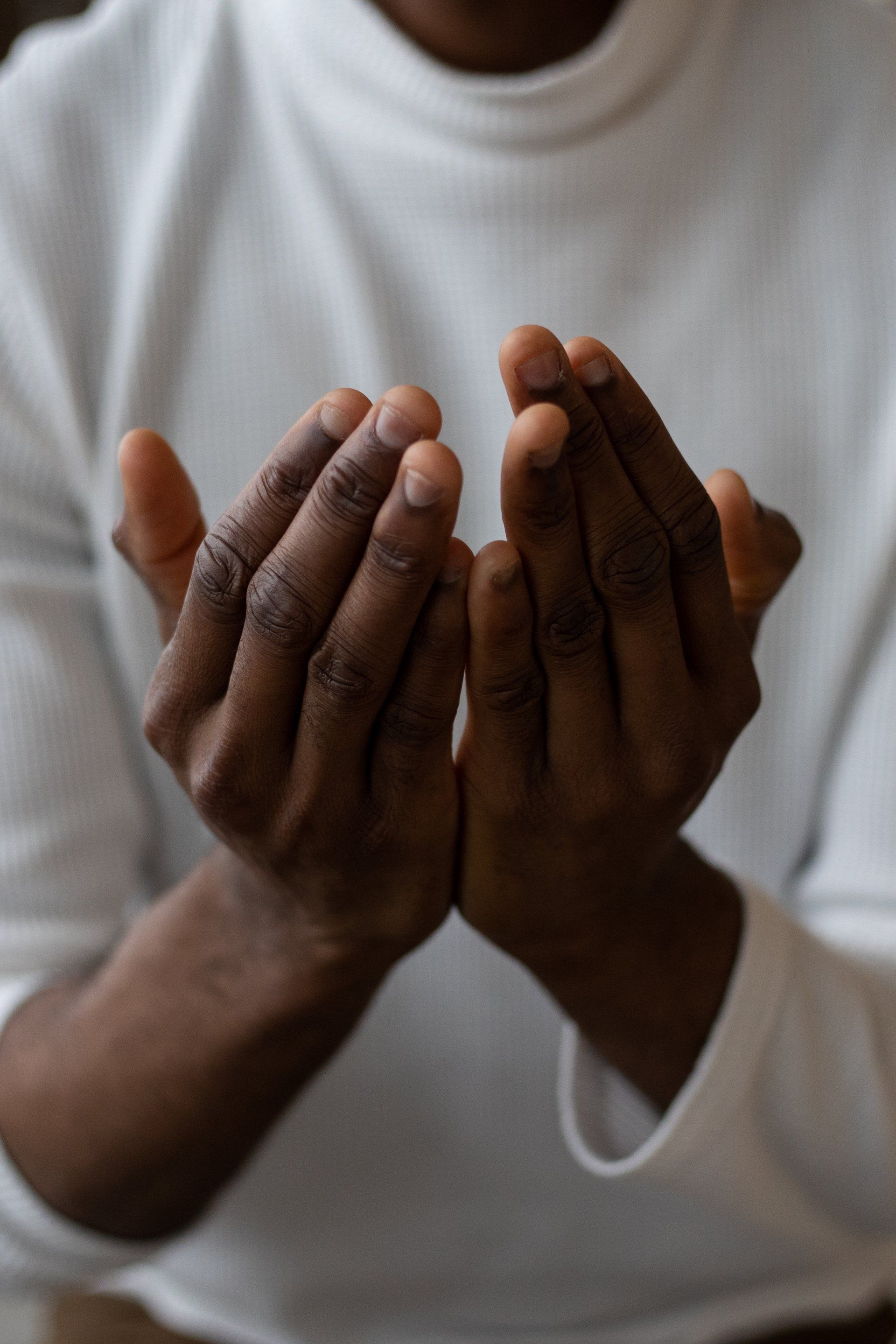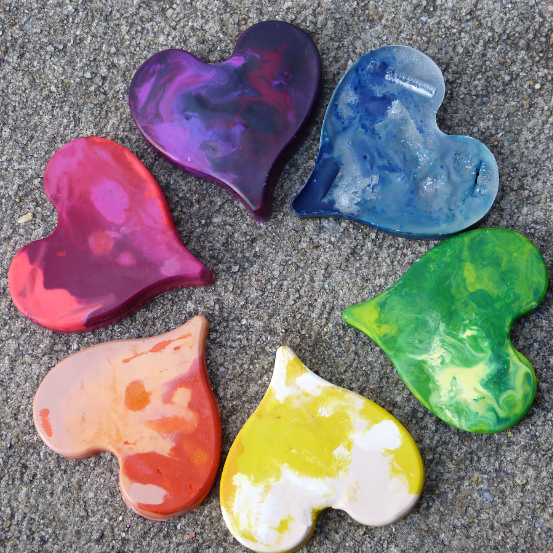A sermon about trusting the God who rebukes the waves and calms the sea.

Rev. Fa Lane | June 23, 2024
1 Samuel 17:32-37; Mark 4:35-41
Prayer: O Lord, we come with thankful hearts over the times that you have overcome the troubles that we face. Thank you for scripture that reminds us of your power over our fears. May we return to you again and again with thankful hearts and emboldened trust. Amen.
I compared these two stories and saw two possible ways of facing our troubles. One is to be like David; the other is like the skeptical men in the boat. David came to the front line in the battle that was setting up between Saul’s kingdom of Israelites and the Philistines. The text preceding today’s reading describes Goliath, the Philistine champion who challenged the ranks of Israel to a fight.
The story says he was six cubits tall and a span. If that’s accurate, it’s about 9.5 ft. – way taller than Galen, or young Josh or Abe. He had a helmet of bronze, a coat of mail weighing about 125 lbs. This was a garment of metal scales or chain mail rings worn as armor. The point being to describe an imposing, large, unbeatable foe as opposed to a young David, the former shepherd.
Maybe you’ve felt that imbalance in times of trouble in your life. The Bible tells us plenty of times with some variations ‘Fear Not’ or ‘Don’t be afraid’. But the world gives us plenty of reasons to be fearful.
Those men in the boat, in the gospel of Mark, faced a sudden storm that overwhelmed them and threatened their lives. We sometimes get into situations that threaten our security, our lives. Situations like when your paycheck doesn’t cover all your bills, when legislators vote to eliminate a healthcare benefit that you rely on, when your wife or husband is ready to walk out the door of your marriage, or your child is having a mental health crisis. It may be a cycle of addiction to gambling, to alcohol or narcotics that you can’t break on your own. There are many situations where feel like crying out at some point: Jesus, do you not care that we are perishing?! We feel swamped and don’t know which way to turn.
I read in yesterday’s Lancaster newspaper of nearly 40 hunting dogs who found themselves exhausted and swimming in circles in deep water because they chased a deer into the Mississippi River. Fortunately, some men in a fishing boat saw them and after making three trips to the shore brought all the dogs back to their concerned owners.
There was a picture on page 9 of the Nation and World section, of a boat full of calm rescued dogs, no longer trying to keep their heads above water, no longer swimming in circles directionless. I know I’ve had times when I felt that way and wished I was in a rescue boat. Those are the moments we turn to God and cry for mercy. We don’t feel we have it within us to overcome our troubles or we don’t feel we can rely on anyone else. We cry for God to notice us and send some help.
David, at this time in his story, is still a young man just running errands for the army of Saul. He responds to Saul’s doubt in David’s abilities to battle with the Philistine by saying that as a shepherd, he fought and killed lions and bears to protect his flock. He puts his trust in God, who saved him from the wild animals to make him victorious against this imposing Philistine. That history gave David courage to trust in God’s help again.
Conversely, the men in the boat in Mark turned to Jesus who had just saved them from a shipwreck and said, “Who is this that even the wind and the sea obey him?” They questioned the power of Jesus. Perhaps they just cocked their head in dismay “how did that happen?” We do that when things turn out well, ‘ooh, Oh good, that worked out’ without giving thought that it might have been a God moment.
The men clearly didn’t think of Jesus as being God’s son and couldn’t give Jesus any credit for having power over the elements. Did they just go on with their boat trip glad that the storm was over with no gratitude to God? The text doesn’t indicate that they gave thanks.
Maybe their question was more from being spooked than dismissive. Who is this man that the winds and the sea obey him? Jesus demonstrates that God has power over the elements that threaten us and will give us aid, when we call out for Jesus’ help.
Which character do I want to be David or a scared fisherman? Ok, David, but which one am I initially? When I’m nervous about important decisions or fretting about challenges that frighten me, I want to have that inner sense of trust that God will rebuke the threatening winds that are rattling me.
We want to be confident like David. So, like David, let us look back to recount the times that God has been with us through tough times. Let us learn to trust those experiences, like David did. This is a spiritual discipline. One that requires us to remember and give thanks.
I’ve encouraged people to list at the end of the day or in the morning before getting out of bed, to list three things they are grateful for. It’s a spiritual discipline to recount your blessings, name them one by one. Count your many blessings, see what God has done.
Some of our troubles feel as big as “six cubits tall and a span”. Sometimes we have a small bundle of concerns that skeeter around like waterbugs but are no less worrisome. Talking about your troubles with your pastors or faith family helps put them in perspective. It can make them manageable.
Voicing concerns like sending our child on a mission trip for the first time without us. Then hearing that the other adults on the trip are watching out for the kids; AND that those young people stepped up to be good helpers. We count our blessings, sharing the good news in our stories. Telling how God showed up in the mix of it all is the seed of evangelism.
As a congregation, when we are comfortable talking together about our faith, God moments are seen more readily. The church’s work is to be a boat where stories are shared, where aid is provided and comfort is given to those facing turbulent times. This is the boat where Jesus is present offering peace within for what is frightening us. It’s a congregation willing to be with one another, sharing stories at potluck meals and Bible study classes, at Holiday parades and National Nights Out. This is the boat of the congregation that holds a Threads and Treads event to raise money for clothing and shoes for local school children. This boat is where people learn they can trust that Jesus is with them through thick and thin.
Listen, the psalmist paints a pretty accurate description of the ups and downs of life:
“The swelling waters mounted up to heaven; they went down to the depths; their courage melted away in their calamity; they reeled and staggered like drunkards and were at their wits’ end.
28 Then they cried to the Lord in their trouble.
We get disoriented and lost in our troubles sometimes. We cry out for help and trust that God will be there for us. Maybe that looks like a church member arriving with a casserole dish at your door. Or it’s a card or phone call of encouragement. Maybe it’s being invited to join in singing so you feel that you are welcomed.
The miraculous God moments might come in an unexpected deposit in your account; or a group of advocates changing the minds of legislators toward the arc of justice, or finding just the right therapist. all are God moments.
After he calms the wind and waters, after the emergent danger was over, do you notice that Jesus looked deeper into the hearts of the bewildered men. These experienced fishermen would have known how to handle turbulent seas, but this storm he speaks to has struck deep beyond the surface. “Have you still no faith?”
Is that the question Jesus would ask us?
I invite you to review, to do a life scan of the times God has been there for you and to build your trust in God upon those events. Let them be the foundation of your faith in Jesus Christ who has the power to rebuke the winds and calm the seas.
Please join me in prayer: Forgive us Lord, for losing sight of your power and your love for us. Forgive us for not trusting in you to make a way when there seems to be no way. Amen.









